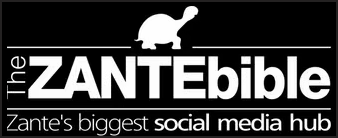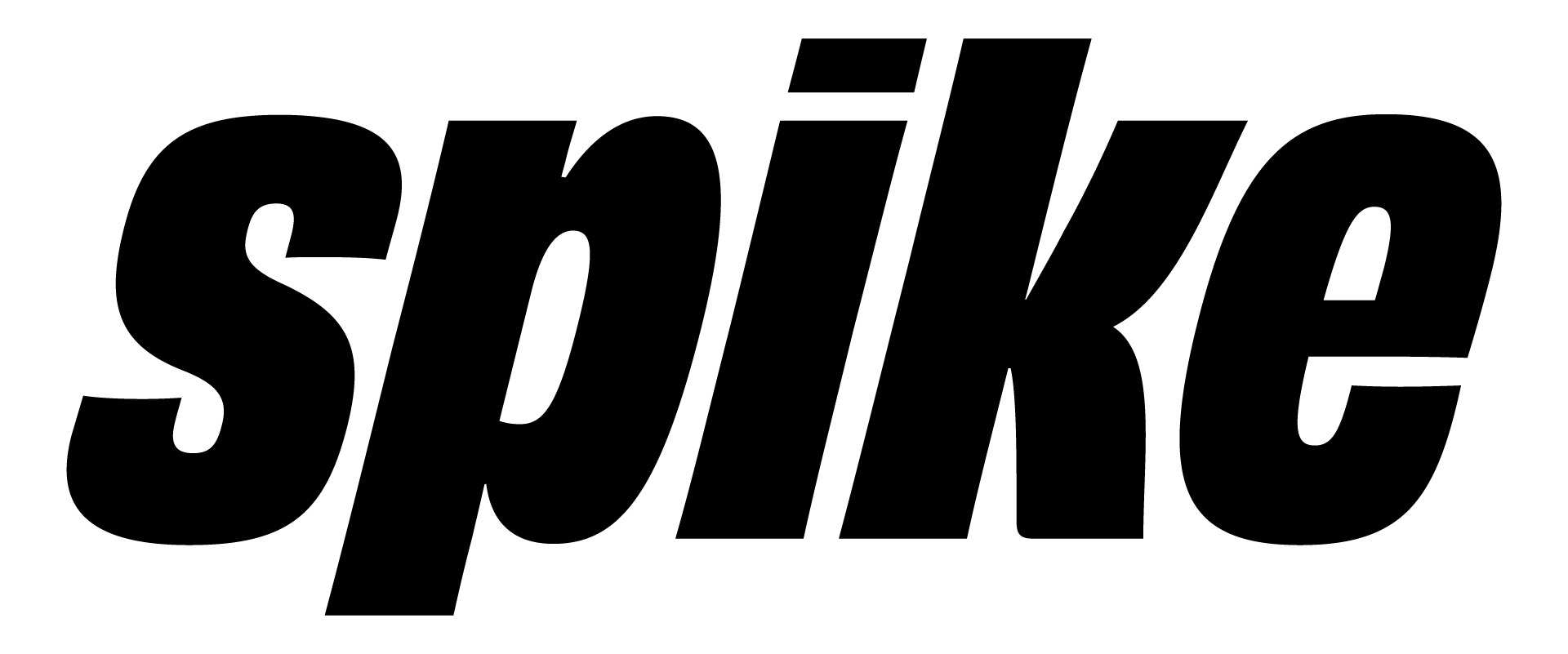Facebook has started charging UK users up to £11 to send messages to celebrities and other people outside their circle of friends. It has just launched a test scheme in the UK with fees ranging from as much as £10.68 to contact a celebrity such as Olympic swimmer Tom Daley. It costs a standard 71p to contact less well-known figures, such as BBC's Robert Peston or Prince Harry's girlfriend Cressida Bonas, who do not have an official army of fans or followers.
Facebook confirmed the experiment but said it did not know yet whether it would be implemented across the social network.
"It is being tested among a very small percentage of users," said a spokeswoman. "There is no set timescale. It depends on what happens, what feedback we get as to whether it is rolled out nationally. We are testing a number of price points in the UK and other countries to establish the optimal fee that signals importance. This is still a test and these prices are not set in stone."
Facebook has been trialling charging at its US operation since December. The trial has now been extended to a further 36 countries, including the UK. Facebook said the charging fee structure varied according to a number of factors including the number of followers and a secret "fame" algorithm.
The vast majority of users in the UK can still send messages to strangers for free, but those involved in the test can see the fee scale ranges from the £10.68 for a household name such as Daley to £10.08 to contact author Salman Rushdie. Others such as comedian Miranda Hart, culture secretary Jeremy Hunt and comedian Bill Bailey are all in the 71p standard price bracket.
The launch of the charging feature will be controversial. Facebook said it was a way of inhibiting spamming for famous people as paid-for messages go straight to the recipient's inbox rather than the "other" folder which receives all communication from people outside a user's circle of friends.
Source: The Guardian







